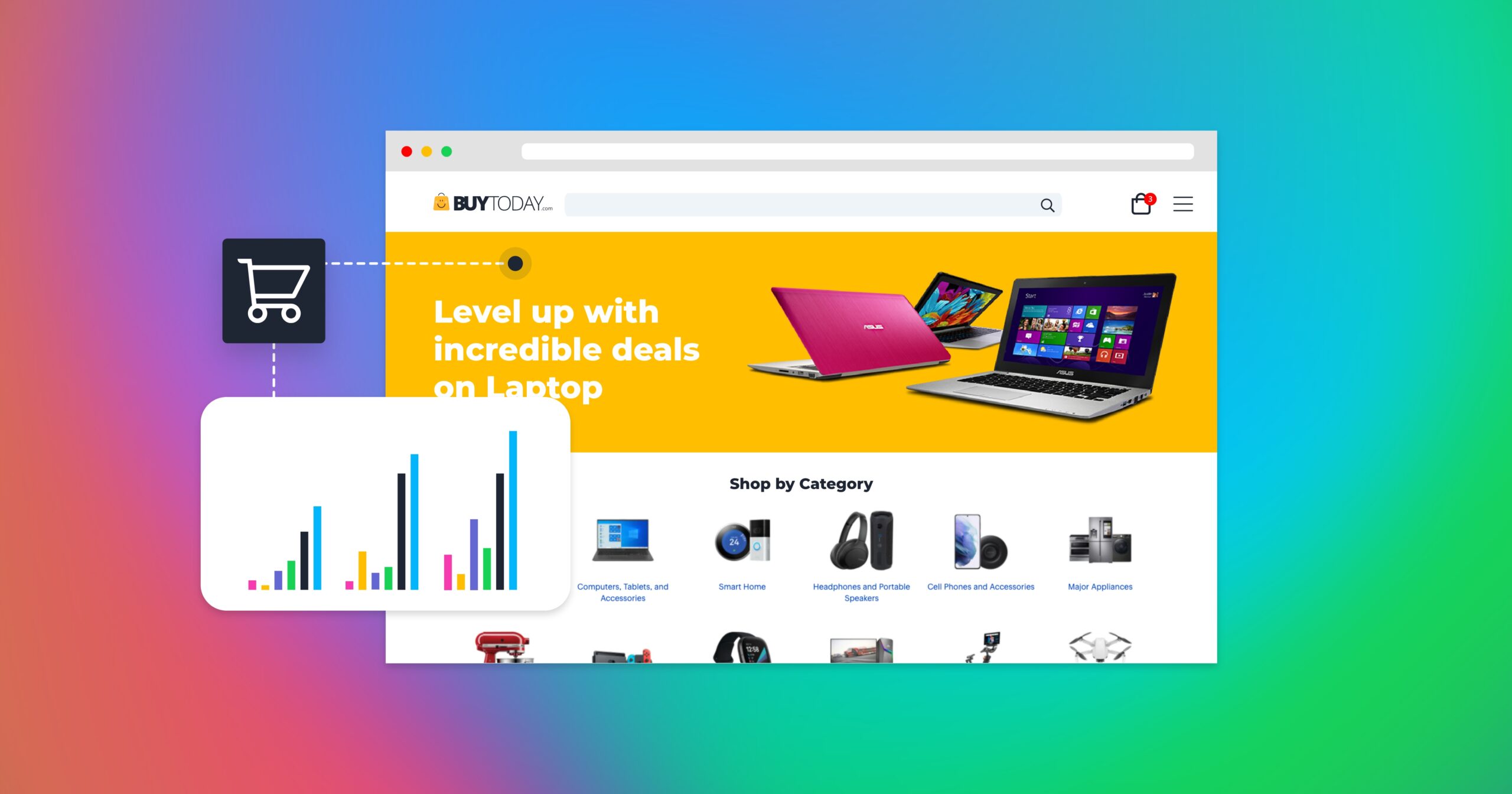Scaling Up: Choosing E-commerce Software for Business Growth

As businesses embark on the journey of scaling up, selecting the right e-commerce software becomes a strategic imperative. The chosen platform not only serves as the digital storefront but also becomes the backbone of operations, capable of supporting increased traffic, expanding product catalogs, and facilitating seamless customer experiences. This article explores the key considerations for choosing e-commerce software that aligns with the goals of scaling up your business.

1. Scalability and Performance: The ability of e-commerce software to scale seamlessly is paramount. Consider platforms that can handle increased website traffic, accommodate a growing product inventory, and deliver consistent performance even during peak periods. Scalability ensures that your online store can grow alongside your business without compromising user experience.
2. Flexible Customization: As your business expands, so do your unique requirements. Opt for e-commerce software that offers flexible customization options. The ability to tailor the user interface, incorporate branding elements, and adapt features to specific business needs ensures that the platform evolves with the changing demands of a growing enterprise.
3. Multi-Channel Selling Capabilities: Scaling up often involves diversifying your sales channels. Choose e-commerce software that supports multi-channel selling, allowing you to seamlessly integrate with various platforms such as social media, marketplaces, and brick-and-mortar POS systems. This enables you to reach a broader audience and tap into new revenue streams.
4. Robust Inventory Management: Efficient inventory management is central to scaling up successfully. Look for e-commerce software that provides robust inventory management features, including real-time tracking, automated reorder processes, and the ability to handle a growing product catalog. This ensures accuracy, reduces errors, and optimizes fulfillment processes.
5. Integration Capabilities: Seamless integration with other business tools is crucial for streamlined operations. Choose e-commerce software that easily integrates with essential systems such as CRM, ERP, and accounting software. This integration facilitates data consistency, enhances efficiency, and supports a cohesive business ecosystem.
6. Mobile Responsiveness: With the increasing prevalence of mobile commerce, a mobile-responsive e-commerce platform is non-negotiable. Ensure that the chosen software provides an optimal viewing and purchasing experience across various devices. A mobile-friendly design is essential for reaching and engaging customers who prefer to shop on smartphones and tablets.
7. Advanced Analytics and Reporting: Data-driven decision-making becomes even more critical when scaling up. Select e-commerce software that offers advanced analytics and reporting tools. Insights into customer behavior, sales trends, and website performance empower you to make informed decisions, refine strategies, and identify growth opportunities.
8. Security Measures: As your business grows, so does the importance of robust security measures. Prioritize e-commerce software that places a high emphasis on security, including secure payment gateways, encryption protocols, and compliance with industry standards such as PCI DSS. A secure platform is vital for safeguarding customer data and maintaining trust.
9. Customer Support and Training: Scalability brings new challenges, and having reliable customer support is crucial. Choose an e-commerce software provider that offers responsive customer support and provides adequate training resources. A supportive provider ensures that your team can navigate challenges effectively and maximize the potential of the software.
10. Cost Considerations: While scaling up is an investment, it’s essential to consider the overall cost of adopting and maintaining e-commerce software. Evaluate pricing models, including subscription fees, transaction costs, and any additional charges for advanced features. A transparent pricing structure helps manage costs and ensures a sustainable growth trajectory.
In conclusion, choosing e-commerce software for business growth is a strategic decision that requires careful consideration. By prioritizing scalability, customization, integration, and security, businesses can select a platform that not only meets their current needs but also provides a solid foundation for scaling up successfully in the dynamic and competitive e-commerce landscape.






